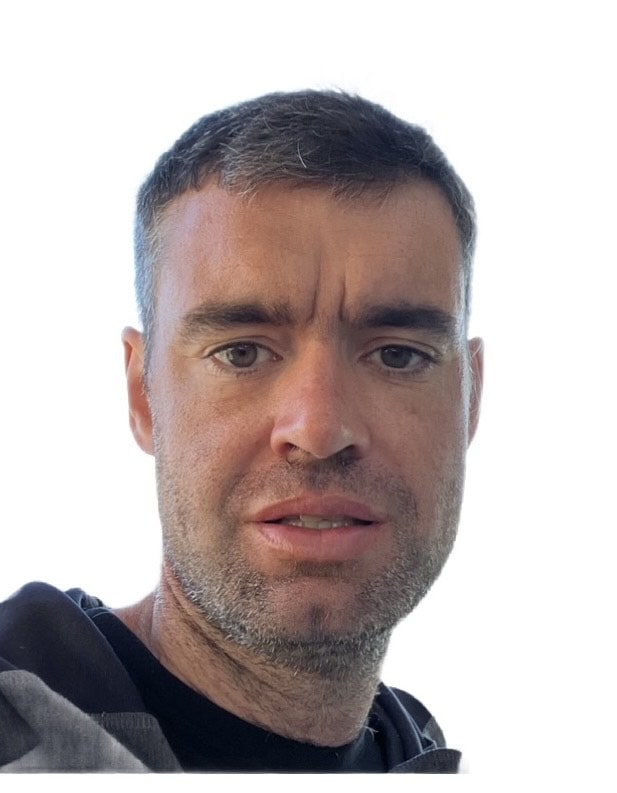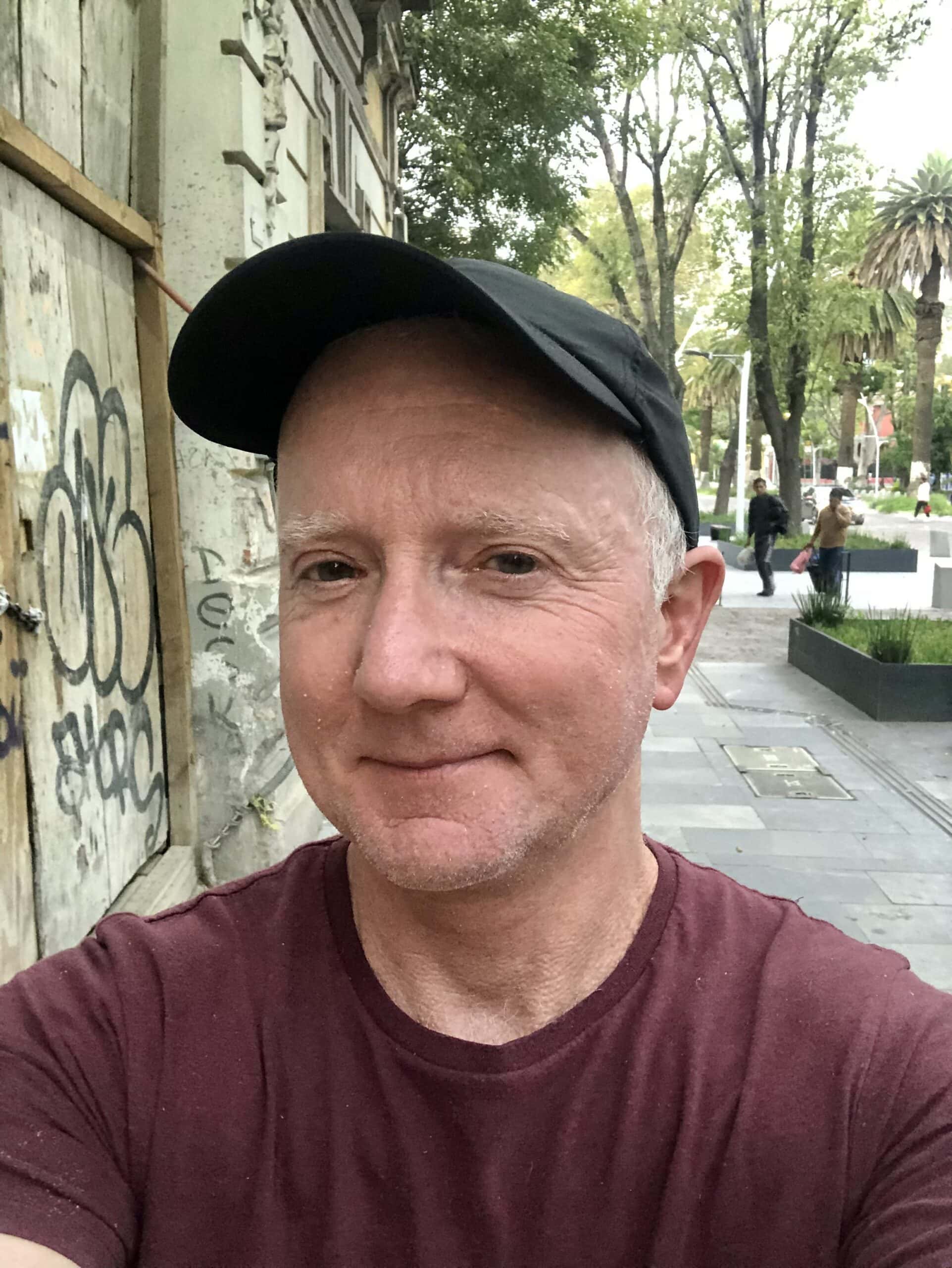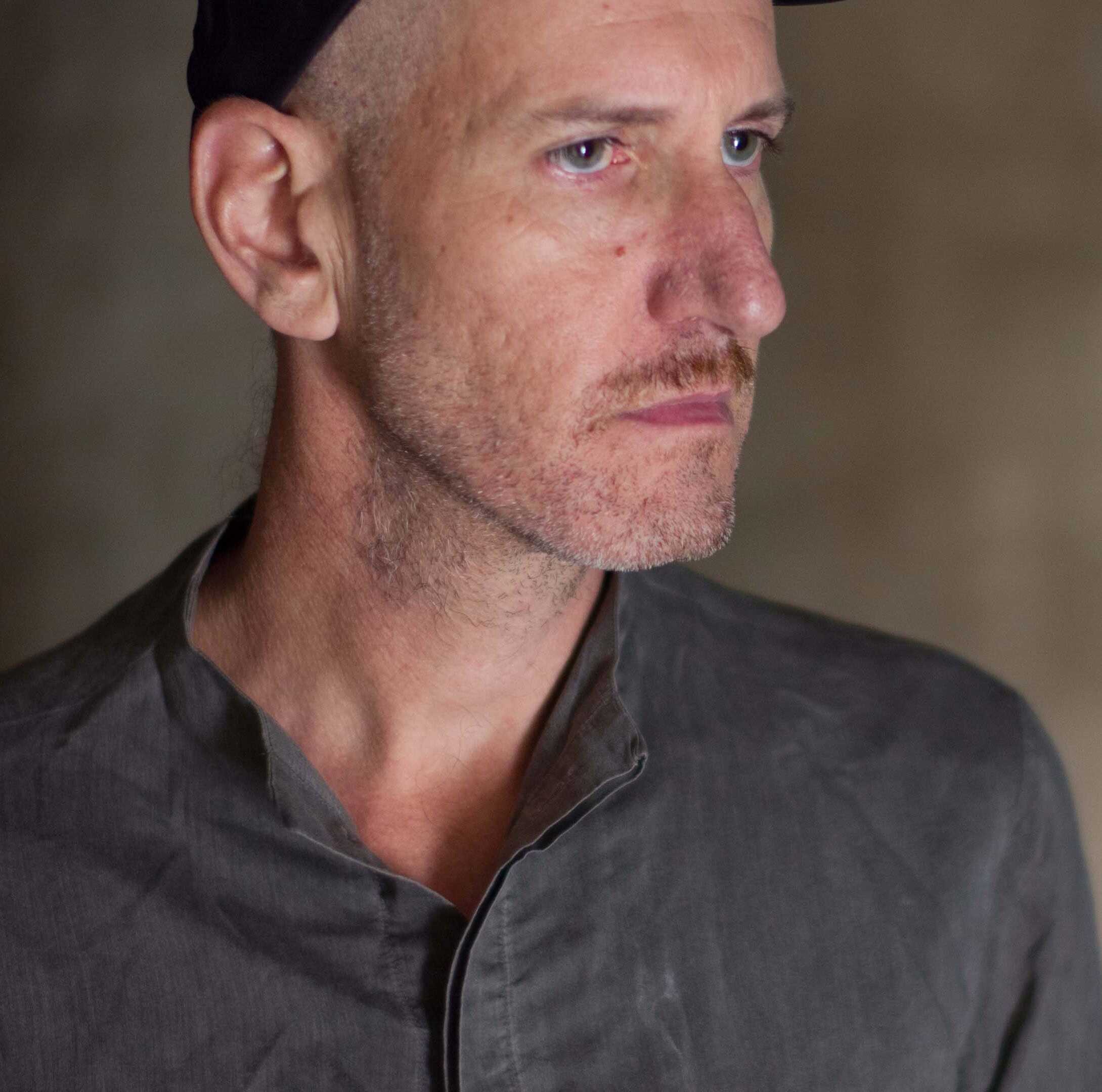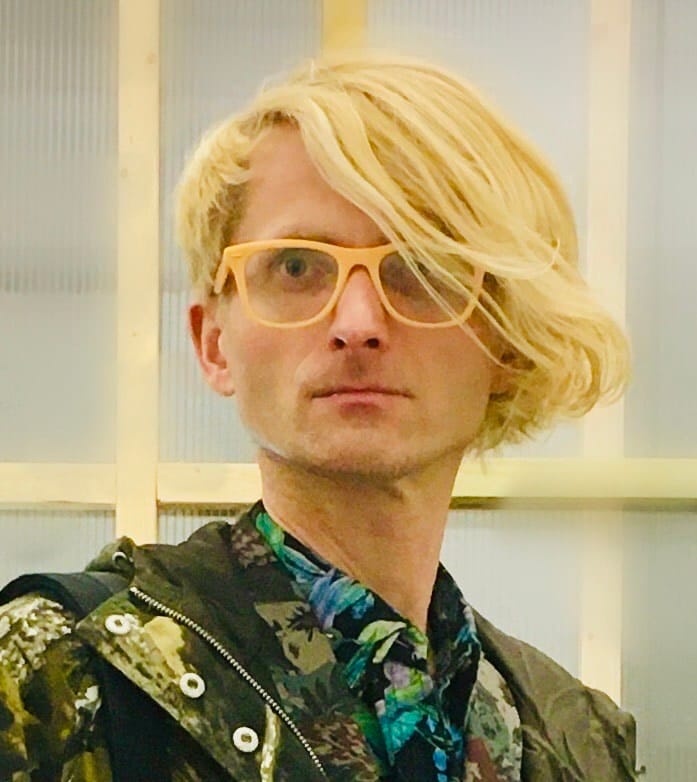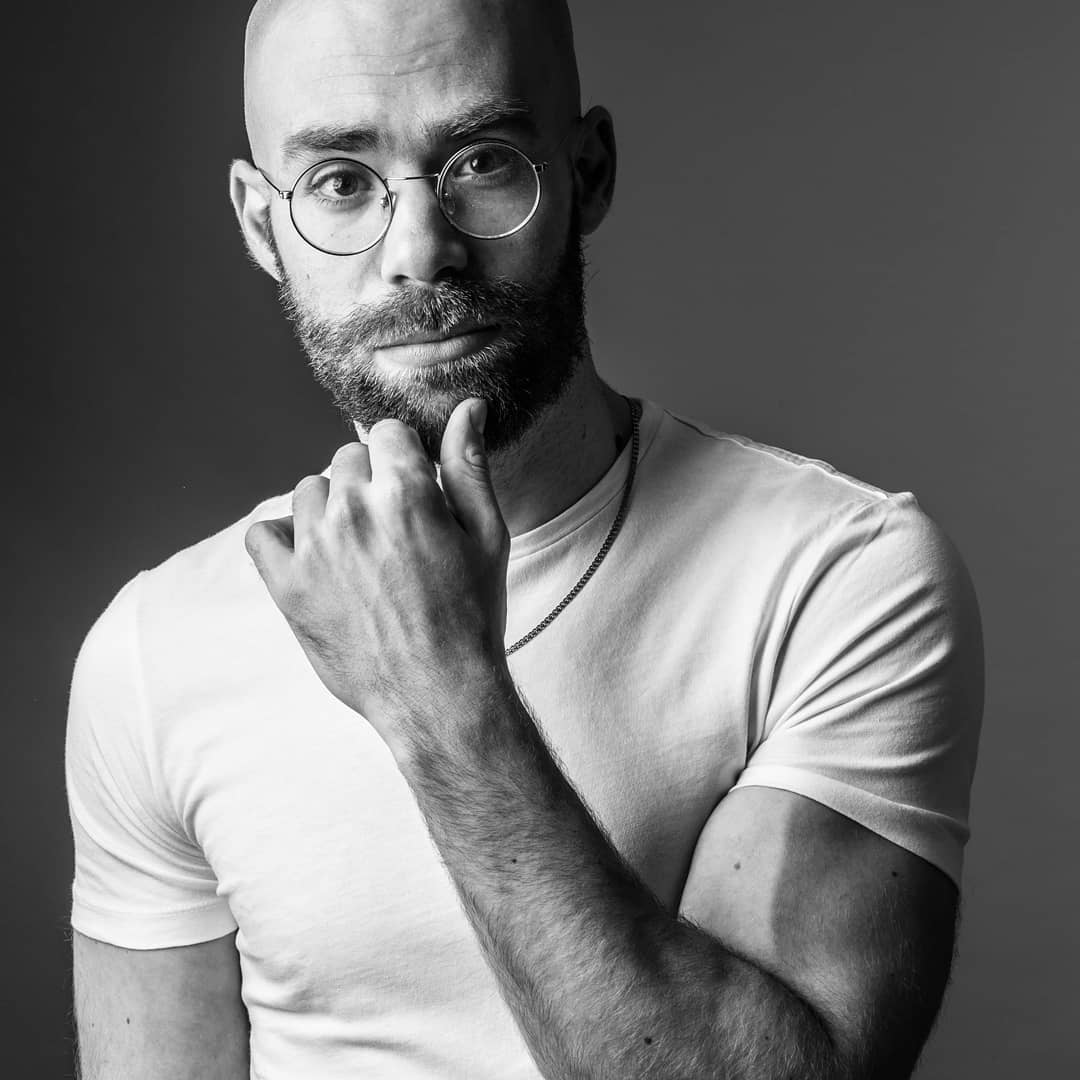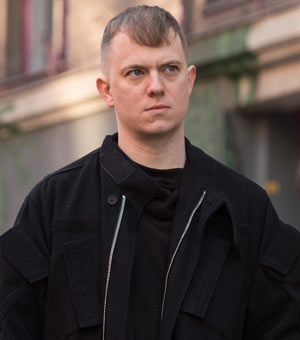Your basket is empty
Inversion: Gay Life After the Homosexual
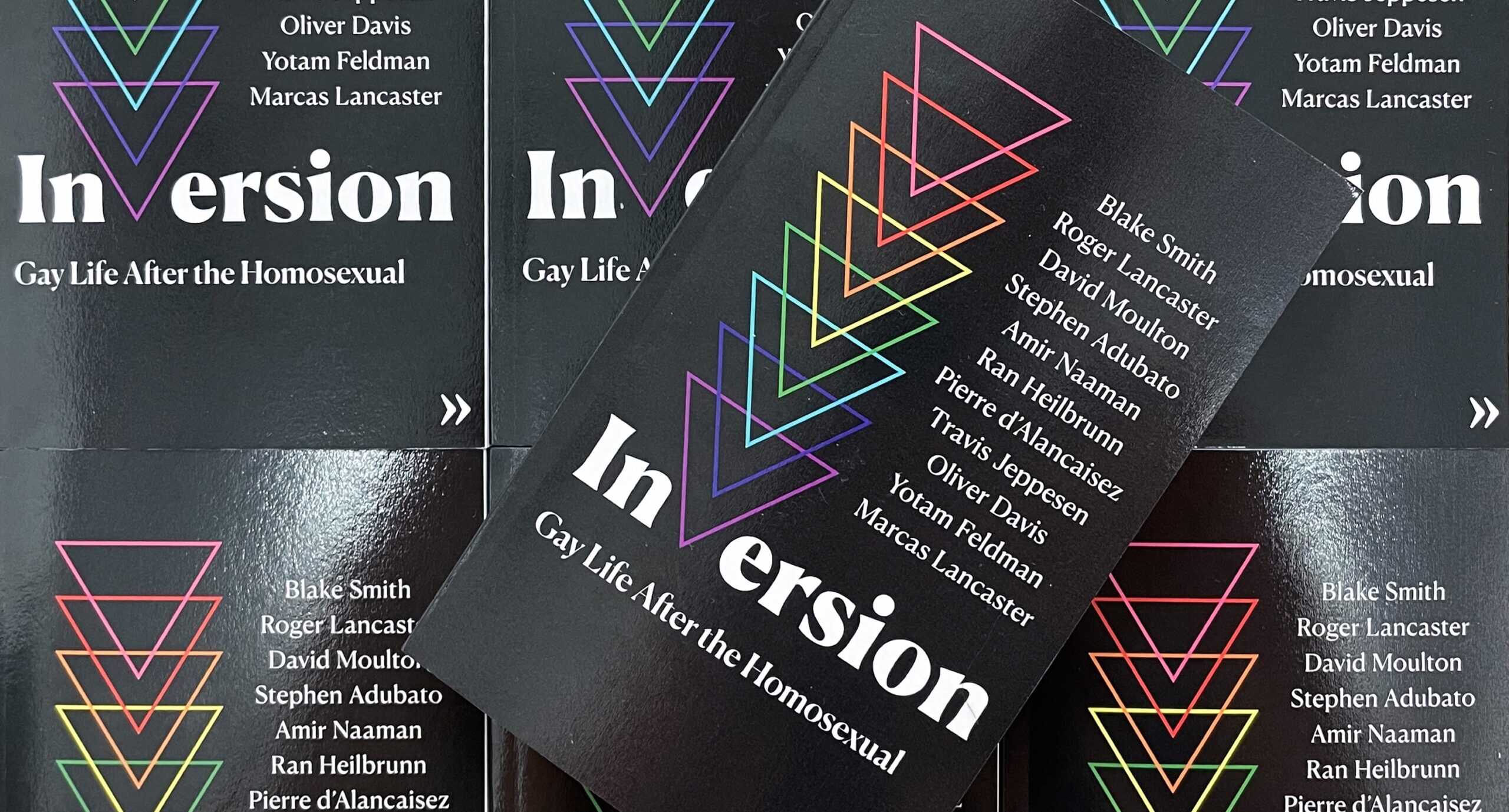
With contributions by Blake Smith, Roger Lancaster, David Moulton, Stephen G. Adubato, Amir Naaman, Ran Heilbrunn, Pierre d’Alancaisez, Travis Jeppesen, Oliver Davis, Yotam Feldman, and Marcas Lancaster.
Edited by Amir Naaman and Pierre d’Alancaisez.
Published 12 November 2025.
RRP £17.99/$24/€21.
ISBN 9781068450709 (paperback), 9781068450716 (eBook).
Today’s world of PrEP, Pride parades, and gay marriage eclipses the wildest dreams of the sexual revolution. While it was formerly deviant to promote gay lifestyles, it is now ‘problematic’ to suggest that not all departures from the norm are in the homosexual’s best interest. Amidst this excess, a new wave of discontent rises among the once-keenest proponents of sexual progress: gay men.
What happened in the transition from inversion to homosexuality, gayness, and queerness? Why do some gay men lament the freedoms afforded to them by sexual and social acceptance? Bold and daring, the essays in Inversion reflect on the vicious cycle of debasement, acceptance, sacrifice, and liberation that homosexuality has been stuck in for longer than it wishes to acknowledge.
As gay culture fails to confront its history, it adopts hollow narratives of struggle. Some gay men fear losing their freedoms, some advocate for sexual restraint, while others, lost in the ever-expanding LGBTQIA+ ‘community,’ continue to make maximalist ideological demands of those outside. These responses mark a fracture in gay life. If there is some essence to homosexual desire, how is it being served by today’s gay culture and queer politics? Has the gay man — homosexual, queer, or inverted — rendered himself obsolete?
Bringing together contributions by eleven leading thinkers, theorists, and critics who examine the consequences of pink-washing history, denial of sexual realities, and the memetic nature of desire, Inversion reclaims homosexuality’s lost depth in an era of profound discontent.
Fearless in its critique and challenging in its proposals, Inversion considers the cultural and political aspects of gay life after homosexuality as it battles with queerness and the allure of a reactionary return, pharmacologically fueled sexual degeneration, and existential dread.
Order now
- Original price was: £17.99.£15.99Current price is: £15.99.
Get £2 off the RRP and flat rate shipping to the UK, North America, Europe, and many other destinations.
Other ordering options
Get the book at Waterstones, Amazon UK, Bookshop.org US, Barnes & Noble, Amazon US.
Get the eBook at Apple Books, Kindle UK, Bookshop.org UK, Kindle US, Bookshop.org US, Nook.
Praise for Inversion
Be a bad gay. Be a very bad gay! Read Inversion! This pugnacious book seeks to undermine the new identitarian hegemony of ‘queer,’ with its alphabet soup nomenclature. The essayists in Inversion survey a culture-war-torn, dystopian landscape wrecked by mindless identitarianism and conformity, rampant atomization, politically correct cancel culture gone mad, sexual puritanism (I never thought I’d see the day!), circular firing squads, victim Olympics, micro-aggression regression, anti-class-consciousness, and yes, even the (arguably) inherent misogyny of drag! (Somebody had to say it!). If you’re a faggot who is mad as hell and not going to take it anymore, this is the book for you! Guaranteed to trigger, or your money back!
Bruce LaBruce, filmmaker, director of The Raspberry Reich
Love it or loathe it, Inversion‘s provocative, and at times offensive, heresies challenge LGBT+ orthodoxies. They make you think — and may also make you furious. But there are valid criticisms of aspects of queer identity, culture, and campaigns. Read and decide for yourself!
Peter Tatchell, LGBT+ rights campaigner
Inversion is an important, challenging collection of essays; an incredibly juicy read that sets you thinking again about your most basic assumptions. In an era of milksop platitudes disguised as transgressions, Inversion reopens debates on homosexual identity, rights, and culture, shining harsh light into dark corners and asking difficult — but fascinating — questions.
Gareth Roberts, author of Gay Shame
Should be required reading for faggots everywhere… poppers for the post-identity age… stop gooning and read this book already”
Todd Verow, filmmaker, director of Frisk
If you feel suffocated by the boring pieties of queer academia, reading this exciting collection is like taking great gulps of fresh air; clever, intellectually curious, and full of provocative new ideas about what being a gay man means today.
Kathleen Stock, philosopher, author of Material Girls
Reading Inversion is like watching a great Fassbinder movie. Its bold theoretical reflections and artless assumptions of being gay, its diverse critical understandings of the new institution of the ‘queer,’ and the shedding of its accumulated baggage, make it urgent without anxiety, and a truly good read.
Adrian Rifkin
How has the project of queer theory alienated so many gay men? The writers and theorists brought together here tackle this question from a perspective of generosity and love for gay men. After the critique of a consumerist gay identity, the discourse on queer has failed to provide a new space for a gay world-making. To reanimate this desire, the authors of Inversion re-center sex and language as indispensable forces for the creation of a present, for which we might not have the best name yet; not only ‘post-homosexual,’ and ‘post-gay,’ but also — or most of all — ’post-queer.’ Not shying away from polemics against queer theory’s canon and entering into conversations with almost-forgotten and problematic thinkers of the homosexual and gay past, Inversion challenges us to imagine transgression beyond an object of nostalgia.
Peter Rehberg, University of Cincinnati, author of Hipster Porn
Are you exhausted by the off-gassing of the manosphere, and totally over the aggrieved drama of wounded masculinity and its violent outbursts? Then read this book. Inverting the script by resuscitating the archaism of ‘inversion,’ this volume assembles bold and irreverent voices, each of whom critically assesses ‘the gay question’ for today. With renewed attention to the histories and unforeseen potentials of gay male sociality and sexuality — one of the longest-running social experiments in the reconfiguration of masculinity — the essays collected here couldn’t be more timely, invigorating, or necessary.
John Paul Ricco, University of Toronto, author of Queer Finitude
Contents
Amir Naaman, Pierre d’Alancaisez: Introduction
Gay men were once the foot soldiers of liberation. Today, the crisis of their culture is at once cliché and taboo. Why is it so difficult to faithfully critique gay history, sex, politics, and nature?
Blake Smith: For the Love of the Gay World
What do gay men have in common? Smith traces gay’s historical evolution, proposing that the articulation of shared cultural interests might help build a ‘gay world’ once more.
Roger Lancaster: Being and Having in the Gay World
How do terms like ‘gay’ and ‘faggot’ mark a homosexual’s status? Lancaster looks at the ongoing gentrification of identities, challenging fundamental questions of belonging.
David Moulton: Towards a Gay Art of Suffering
Can books turn a reader gay? Exploring the evolving gay canon as art and propaganda, Moulton critiques its entanglement in biopolitics.
Stephen Adubato: The Deception of Orientation Essentialism
What does the ‘sex’ in homosexual stand for? Sexual liberation rendered the true nature of gay sexuality moot. Is it ontologically possible for a man to be gay lest he recognizes the true nature of homosexuality’s defining practice?
Amir Naaman: Wars of Desire
Why do Western queer activists identify with fighters engaged in brutal conflicts on the other side of the world? Naaman proposes that the fantasy of righteous battle is an erotic, rather than a political issue.
Ran Heilbrunn: Abolish Queer Theory!
Why has queer theory failed to account for the reality of gay life? Heilbrunn charges the field’s luminaries with an aversion to the male body, male sex, and, ultimately, men.
Pierre d’Alancaisez: Freedom of Disassociation
What is the gay ‘community?’ Finding that ‘everyone in’ is the door policy of both queer clubs and nation-states, d’Alancaisez explores attempts to defend gayness through appeals to essence, culture, and politics.
Travis Jeppesen: Gay Shame
Why can’t gay culture sustain its once-vital taste for transgression? Jeppesen bemoans the rise of conformism, indicting today’s queer intellectual and artistic scene with censoriousness and grift.
Oliver Davis: The Great Gay Replacement
What should we do with bad gays? Reading the one-time cult erotica author Renaud Camus, Davis discovers the roots of the writer’s turn to immigration conspiracy theory in his homosexuality.
Yotam Feldman: Twilights of Homosexuality
Is homosexuality the Trojan horse of Western ideology? Taking his cue from Alexander Dugin’s ‘realist’ denunciation, Feldman exposes the homosexual’s propensity for deceit and intrigue.
Marcas Lancaster: Anathema
Was homosexuality’s degeneration foretold in the libertine excess of de Sade’s Sodom? Lancaster narrates the unpalatable truths of the AIDS crisis in florid, viral detail, finding in gay excess an image of liberal life itself.
Contributors

David Moulton
David Moulton is a writer and independent researcher.

Oliver Davis
Oliver Davis is Professor of French at University College Cork and co-author of Hatred of Sex.

Blake Smith
Blake Smith is a historian and translator who lives in Chicago.

Roger Lancaster
Roger Lancaster is a professor of anthropology and cultural studies at George Mason University.

Stephen Adubato
Stephen Adubato is a writer and host of Cracks in Postmodernity.

Yotam Feldman
Yotam Feldmam is a writer, filmmaker, and editor and a (self) trained metaphysical detective.

Pierre d’Alancaisez
Pierre d’Alancaisez is a curator and critic, and the founder of Verdurin.

Ran Heilbrunn
Ran Heilbrunn is a writer and scholar whose work focuses on technology, political theory, and current affairs.

Amir Naaman
Amir Naaman is a novelist and a personal trainer. He is involved in Verdurin publishing and events.

Marcas Lancaster
Marcas Lancaster is a writer, producer, and self confessed ‘failed gay’.

Travis Jeppesen
Travis Jeppesen is the author of numerous books and the creator of object-oriented writing.

